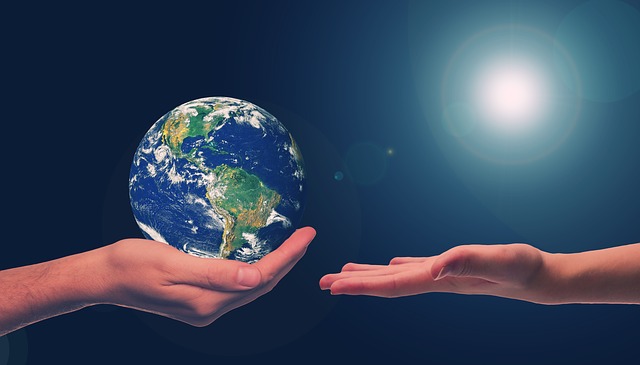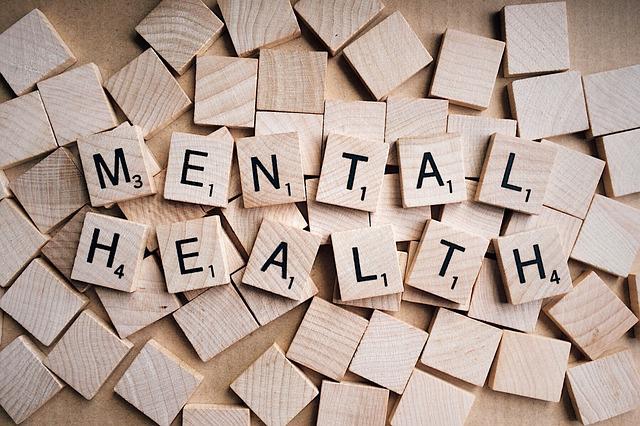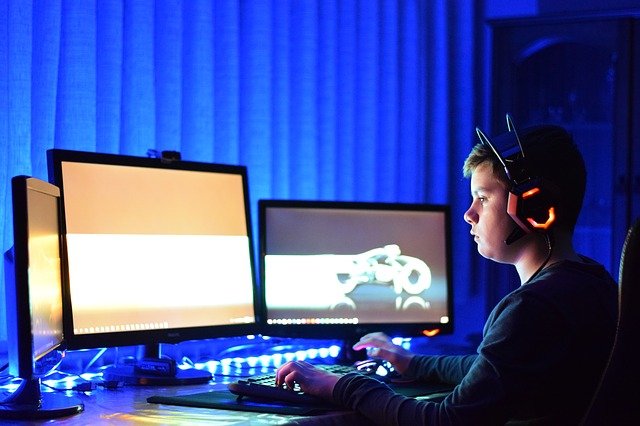What is eco-anxiety?
There have been many issues that have been thrust to the forefront of our minds in recent years, not least of which has been what we can do to better protect the beautiful planet we call home. From campaigns to ditch single-use plastic and products with palm oil for eco-friendly alternatives, calls to amend our diets, and pleas to change our shopping habits, the opportunities to become more sustainable seem to be never-ending!
Whilst it may be encouraging that so many of us are willing and able to help with such environmental issues, these suggestions come hand in hand with scary statistics and cries that the damage we have done to the Earth is irreversible. As a society, we have been made very aware of our collective shortcomings and the destructive impact we have had on the environment and for some, this greater understanding has also had a detrimental impact on mental health. This is known as eco-anxiety.
What is eco-anxiety?
Eco-anxiety is a fear of environmental damage, largely caused by humans. It can be a very confusing and frustrating situation when we are faced day in and day out with news of global warming, pollution, deforestation, and yet another species on the brink of extinction. These global issues that are presented on a regular basis do not appear to be going away and can lead to feelings of helplessness and despair. Have I recycled everything that I can? Am I supporting the most effective charities? Have I made eco-friendly choices? The list goes on and on and can be all-consuming for some people. Whilst eco-anxiety is the overarching term for this phenomenon, its symptoms can span beyond those of anxiety alone. This concern can also manifest itself as trauma, depression, substance abuse, and aggression, among others, all of which can have a significant secondary impact on a person’s life.
How to combat ecological grief
Like all unseen mental health issues, it can be difficult to talk about how you are feeling or for others to recognise your fears, however, this is a societal problem that needs a collective response in order to see change. You may find that discussing your worries with a friend might even empower you and others around you to make more sustainable choices. Use your passion for the environment to motivate you, not stifle your ability to help. Why not sign up for the next ocean clean-up or local litter pick? Support eco-friendly companies, swap to renewable energy suppliers, and ditch the meat and dairy for plant-based alternatives. The chances for us to make effective positive change are endless and the more simple steps you take, chances are, you will start to feel a little less helpless and more like an agent of change.
For more ideas of how to become an eco-warrior, not an eco-worrier, have a look at some other posts on our blog.
Image by Sammy-Williams via Pixabay







Add your comment